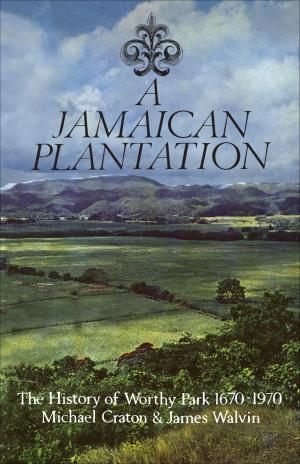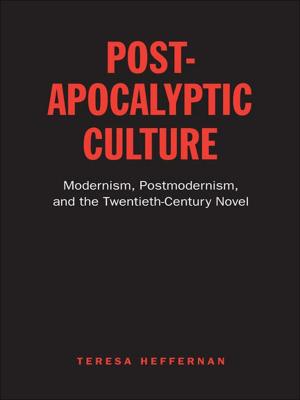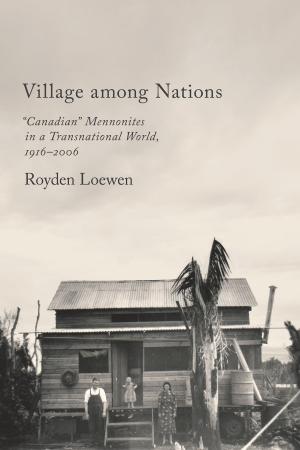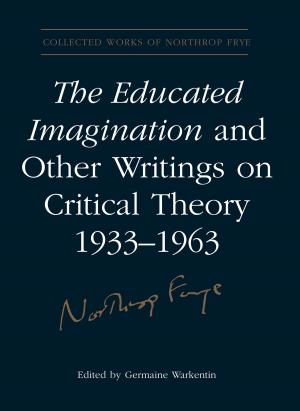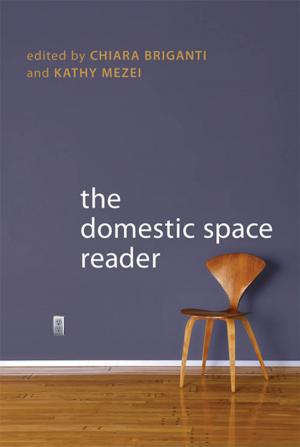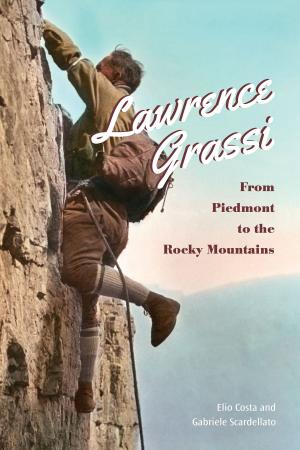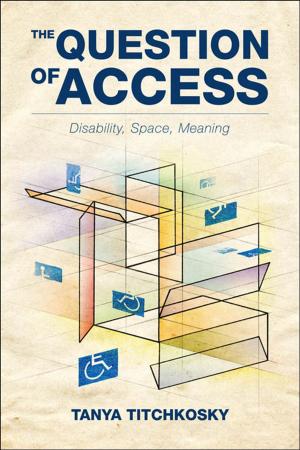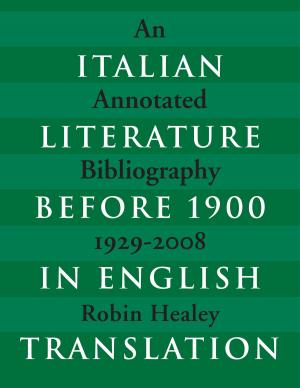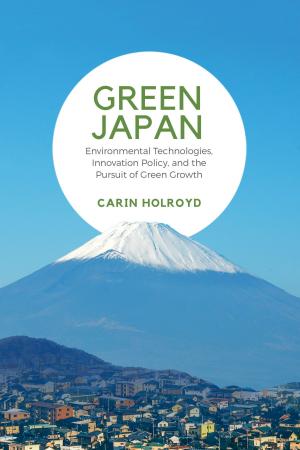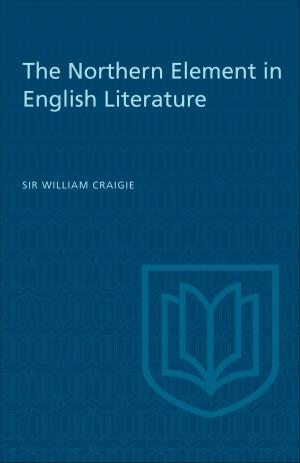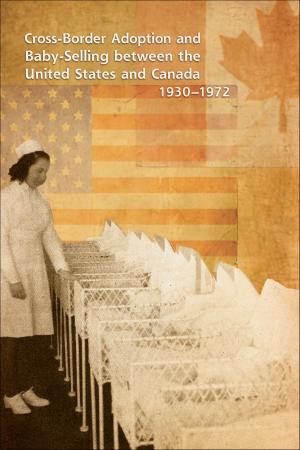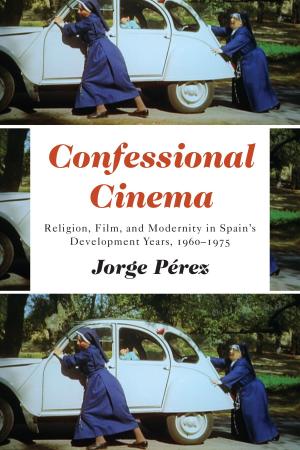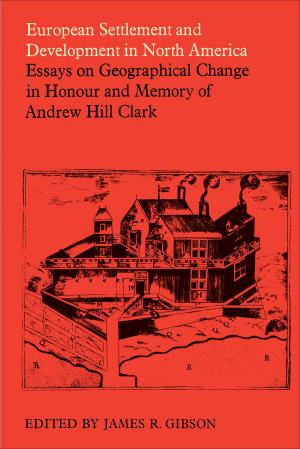The Free Animal
Rousseau on Free Will and Human Nature
Nonfiction, Religion & Spirituality, Philosophy, Political, Social & Cultural Studies, Political Science, Politics, History & Theory| Author: | Lee MacLean | ISBN: | 9781442664265 |
| Publisher: | University of Toronto Press, Scholarly Publishing Division | Publication: | October 28, 2013 |
| Imprint: | Language: | English |
| Author: | Lee MacLean |
| ISBN: | 9781442664265 |
| Publisher: | University of Toronto Press, Scholarly Publishing Division |
| Publication: | October 28, 2013 |
| Imprint: | |
| Language: | English |
Free will is a key but contested concept in the work of Jean-Jacques Rousseau: while the famed philosopher is known to have asserted that free will distinguishes human beings from animals, several interpreters have argued that he merely pretends to have this belief for the sake of healthy politics and to avoid persecution by religious authorities. Through careful readings of key texts and letters, The Free Animal offers a new and original exploration of Rousseau’s views on free will.
Lee MacLean shows that Rousseau needs and uses the idea of human consciousness of free will to explain the development of morality, convention, and vice. MacLean bases her argument on a broad range of texts, from canonical works to Rousseau’s untranslated letters and drafts. Featuring careful analyses and an extensive engagement with the secondary literature, The Free Animal offers a novel interpretation of the changing nature and complexity of Rousseau’s intention.
Free will is a key but contested concept in the work of Jean-Jacques Rousseau: while the famed philosopher is known to have asserted that free will distinguishes human beings from animals, several interpreters have argued that he merely pretends to have this belief for the sake of healthy politics and to avoid persecution by religious authorities. Through careful readings of key texts and letters, The Free Animal offers a new and original exploration of Rousseau’s views on free will.
Lee MacLean shows that Rousseau needs and uses the idea of human consciousness of free will to explain the development of morality, convention, and vice. MacLean bases her argument on a broad range of texts, from canonical works to Rousseau’s untranslated letters and drafts. Featuring careful analyses and an extensive engagement with the secondary literature, The Free Animal offers a novel interpretation of the changing nature and complexity of Rousseau’s intention.


